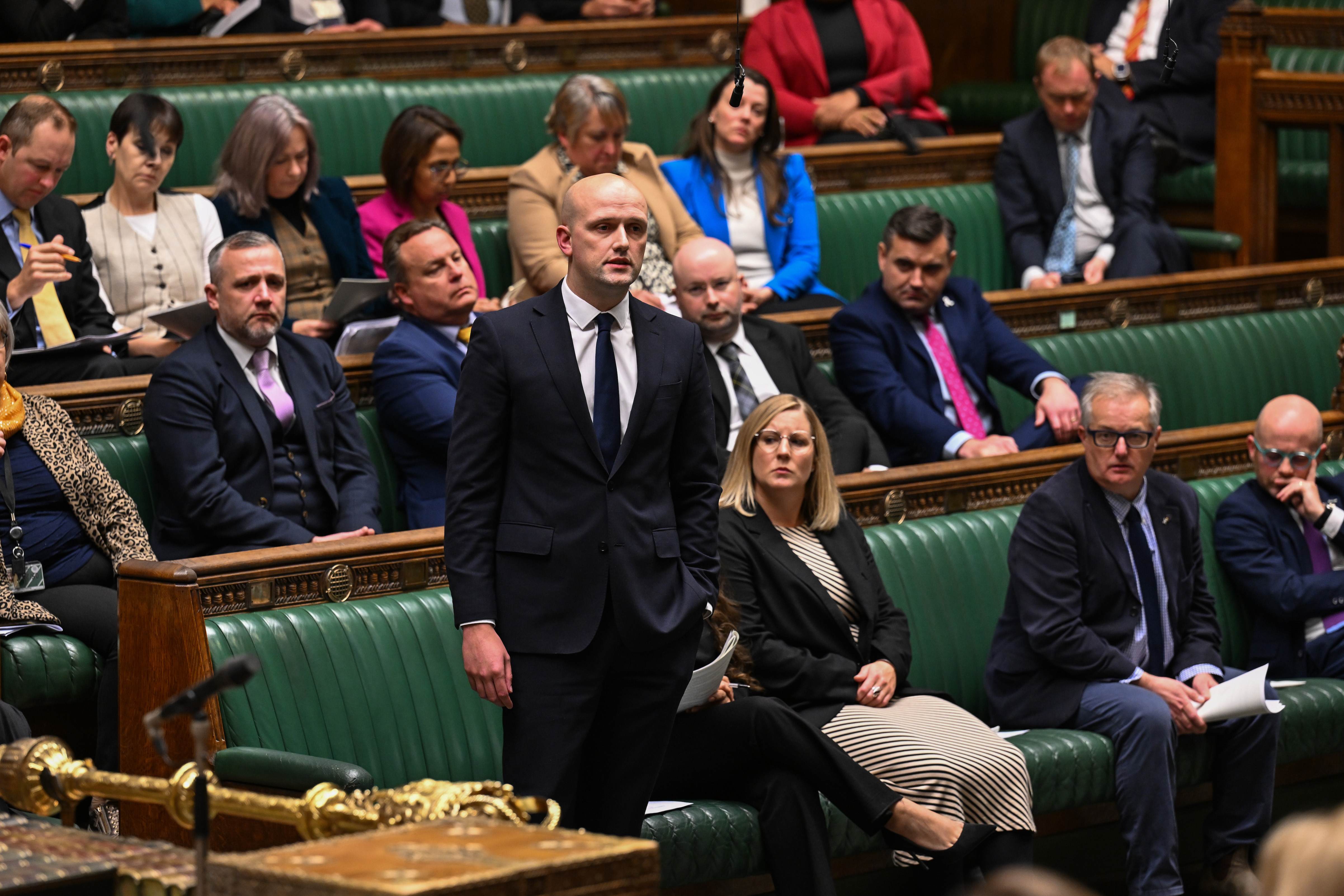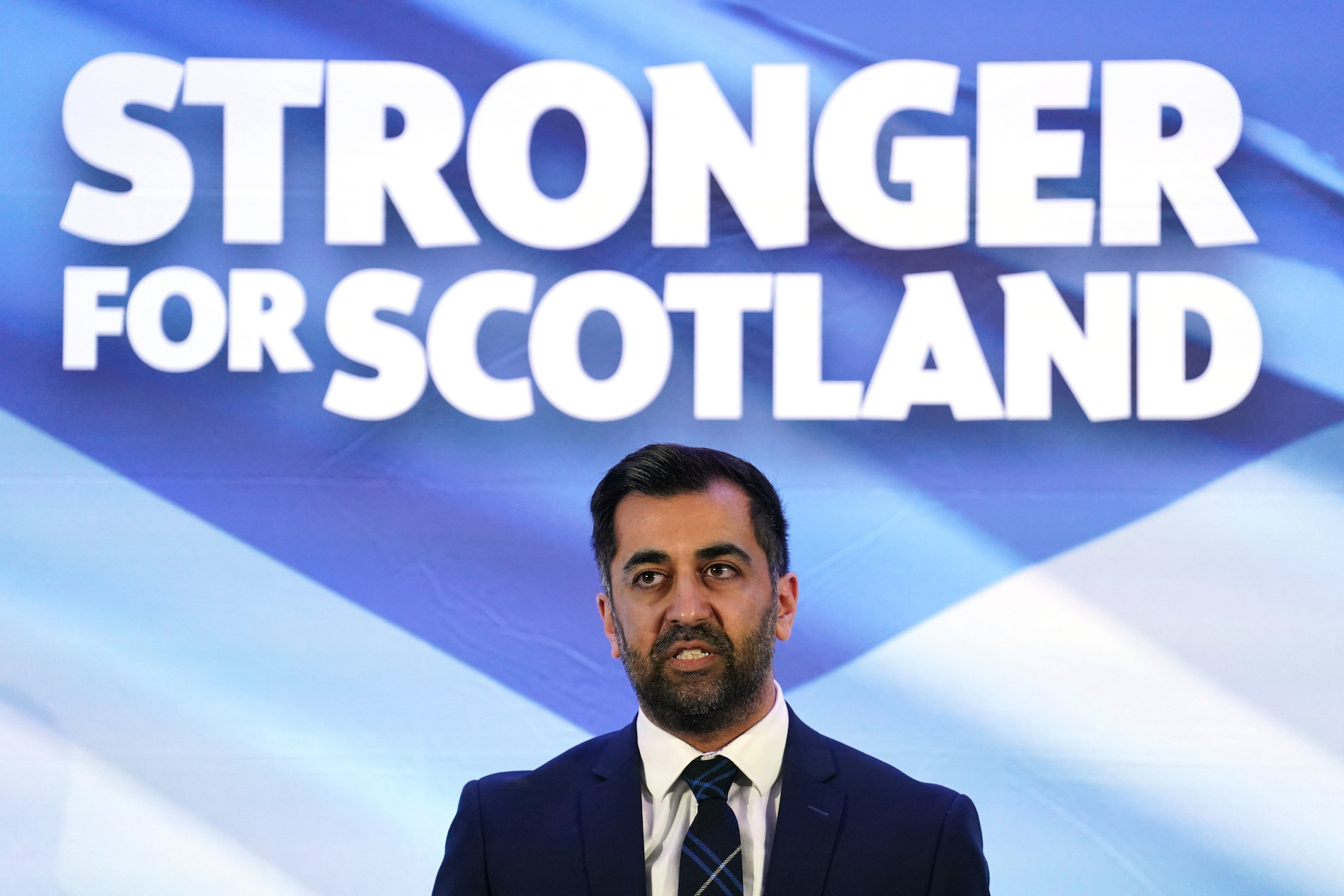What are GCSEs
GCSE stands for General Certificate of Secondary Education. These are the qualifications obtained by fifteen and sixteen year old’s in the UK at the end of their Year 11 schooling.
GCSEs provide a uniform framework for assessment in England, Wales and Northern Ireland. Schools in Scotland pursue Scottish Qualifications Certificates. Chosen subjects are studied over two years and assessed by final exams or coursework.
While students have scope to choose some of their GCSE options, a number of subjects are obligatory. These are known as core subjects and include: Maths, English Literature, English Language, and Science (in varying forms). Welsh is considered a core subject in Wales. Some schools may enforce additional compulsory subjects in the fields of humanities, foreign languages, or arts and design.
Are GCSEs an outdated relic from the past?
Grading system and regulation
GCSEs were traditionally scored from A* to G (with an additional U grade for papers deemed ‘ungraded’). This is still the case in Wales and Northern Ireland. In England, however, recent government reforms have replaced that method with a 9-1 grading scheme; a 9 corresponding to a high A*.
Under the English numerical system, a minimum of a 4 is required to pass, while grades 1-3 are considered a fail. U continues to exist for unmarkable papers. These changes were enforced incrementally.
English language, English literature and GCSE Maths were the first to receive numerical grades in the summer of 2017. A further 20 subjects were reformed from 2018, and most others in 2019. During the transition, pupils received a combination of letter and numerical grades.
GCSE syllabuses are set, examinations administered, and certificates awarded by five primary examination boards: AQA, CCEA; Edexcel; OCR; WJEC. These are overseen by regulatory authorities to ensure parity between schools using a different exam board.
These regulators are Ofqual in England ; DCELLS in Wales; and CCEA in Northern Ireland.
Each year, the awarding bodies decide on a ‘Common Timetable’ to co-ordinate the scheduling of examinations. The timetable usually runs from late May to late June.
The pros of the GCSE system
GCSE exams have traditionally been praised for facilitating a young person’s progression into work. Despite the rise in alternative qualifications, GCSE and A-Levels remain the most widely recognised by national employers. Many employers view a pass in GCSE English and GCSE Maths as important, and it is claimed that the real-world significance of these core subjects is clear.
The Learning and Work Institute reiterates this point by stressing the value of GCSEs among adults seeking to take exams retrospectively. Research conducted by the OECD has shown that, as of 2020, over 5 million adults are currently considered to have ‘low basic skills’. The continued existence of GCSEs allows adults to access key qualifications supporting their professional development – often in ways which could scarcely be understood at the age of sixteen.
Albeit often considered unpleasant, the traditional exam assessment experience is also said to be important in preparing pupils for workplace norms. Skills including self-discipline, time-management and personal resilience are all instilled during a pupil’s journey through GCSEs.
Dr Tim Hands, Master of Magdalen College School in Oxford, has described GCSEs as “a test of students’ “character, determination and stamina”, which forces them to develop their weaknesses. While critics draw on the severe stress and anxiety associated with high-stake exams, proponents of the current system respond that a combination of coursework, and mitigating circumstances exist to appease this. Sheltering students at a young age would not, they claim, play to their advantage in later life.
Criticisms of GCSEs
Although the government remains committed to the current exam system, the system has been attracting increasing criticism.
Perhaps the most controversial issue relating to GCSEs is the contention that the exams are too easy and are getting easier – a claim seen to be given credence by the fact that overall pass rates have increased every year since GCSEs were introduced.
Each year’s exam results tend to be followed by public and media allegations that the “absolute standard”, which GCSE grades are intended to represent, is being abused.
The Government and most teachers maintain that rising pass rates is a consequence of improving teaching methods, but opponents disagree, claiming that it is possible to pass GCSE exams without reaching many basic levels of educational attainment.
GCSEs have also come under fire for opposite reasons. It is claimed that their content-laden nature suits more academically able children, while hindering those whose competencies are best exhibited through practical means. The recent move towards Vocational GCSEs aims to address this while, ironically, increasing the complexity of core GCSE subjects.
Elsewhere it is argued that poor performance in GCSE exams disenfranchises some children, deterring them from pursuing further or higher education. It is claimed that society’s focus on GCSE grades means that those unable to obtain a pass in the core subjects of English and Maths are likely to face life-long struggles in the employment sector – simply due to their sub-average academic performance at the age of 16.
Opponents of GCSEs have also attacked the exam dominated assessment methods, which are said to favour those who are skilled in written expression, possess strong time-management skills, and perform well under acute pressure. The austere nature of exams is also criticised for the way in which it fuels anxiety and mental health problems for large cohorts of young people.
GCSE reform – looking forward to a rosy past
Reforming the system
As more people stay on at school after 16, the value of GCSE exams is increasingly coming into question.
In 2003 a Working Group, chaired by the former chief inspector of schools Mike Tomlinson, was charged with developing a comprehensive framework for schooling between the ages of 14 to 19. The 2004 Tomlinson report proposed a series of radical changes, including replacing GCSEs, A-Levels and vocational qualifications with a single diploma available at four levels – entry, foundation, intermediate and advanced.
The Labour Government at the time, rejected this suggestion, choosing instead to reform vocational qualifications and “build on the strengths of the existing system”.
Approaching two decades after Tomlinson’s proposals, the case for reform remains strong and, indeed, is backed by the Kenneth Baker, the Conservative Secretary State for Education at the time when the current system was first introduced. Lord Baker has described the exams as “redundant”.
The Chairman of the Commons Education Select Committee Robert Halfon MP has also branded them “pointless”.
A poll of 799 head teachers reported by the TES publication in early 2020 found that 39% of head teachers thought that GCSEs should be scrapped, and 86% felt the current examination should either be reformed or scrapped.
Ofsted has responded to the criticism by recognising that schools should not be perceived as ‘exam factories’, but rather, should offer a curriculum which promotes holistic learning.
History of GCSEs
Early Years
General Certificate of Education Ordinary Level examinations (O Levels) had existed since the early 1950s, but were only available in grammar schools and private schools. As such, they were only taken by the top 20% of the school population by academic ability. The majority of pupils who attended secondary schools left without any formal qualifications.
The mid-1960s saw the introduction of the Certificate of Secondary Education (CSE) as a qualification available to all. Exams were awarded grades from 1 to 5; grade 1 being equivalent to grades 4 and above in the current system.
Throughout its lifespan, the CSE qualification was though perceived inferior to the O Level. It was administered on a regional basis, while O and A-Levels were overseen by examination boards with links to universities. Part of the CSE system was assessed within schools, which generated criticisms of low marking standards. Furthermore, the existence of two systems undermined public and employer understanding of the value of qualifications.
The Introduction of GCSES
During the 1970s, there was considerable pressure to merge the systems. This was particularly pertinent following the rise in the compulsory education age to 16, which saw an increase in the number of students eligible to obtain such qualifications.
Under Jim Callaghan’s Labour government, Education Secretary Shirley Williams announced proposals for a merged “GCSE” system. In 1984, then Conservative Education Secretary Sir Keith Joseph decided to proceed with the merger.
The first GCSE courses began in 1986, and the first examinations were sat in 1988. GCSEs were graded on a letter scale from A – G, with only the top quartile obtaining a C and above. In 1994, the A* band was introduced to recognise the highest-achieving students. The A* – G scheme took effect until 2017, when it was replaced , in phases, by the numeral 9-1 system
Recent Years – Vocation Qualifications and The English Baccalaureate
Growing concern about the relevance of academic studies and a lack of technical skills in young people led to the introduction of Vocational GCSEs in 2002. This included a range of new subjects such as business, design, and health and social care.
Despite the introduction of GNVQs(General National Vocational Qualifications), the Government decided that low take-up and poor perception of GCSEs merited further reform.
In 2007, the overall A* – C pass rate for all UK entries had increased to 63.3 per cent, with one in five students achieving the highest grade. There was, however, a decline in the number taking core subjects such as geography, history and modern languages. Meanwhile, pupils were showing increased inclination towards vocational qualifications, particularly pupils from the poorest backgrounds or those attending schools in disadvantaged areas.
Consequently, the new Coalition government introduced the English Baccalaureate (EBacc) as a ‘performance measure’. The measure shows where someone has attained a C grade or above across a core of academic subjects – English, mathematics, history or geography, the sciences, and languages. A study by UCL has shown that studying English Baccalaureate subjects at GCSE provides students with greater opportunities in further education.
The intention of the English Baccalaureate was to allow parents and pupils to see how schools were performing in key academic subjects, and to encourage schools to promote these academic subjects. Although the English Baccalaureate is not a qualification, the Government is considering the possibility of issuing certificates that will confirm its status.
The Education Secretary at the time, Michael Gove, claimed the English Baccalaureate was “hugely increasing the proportion of pupils taking the core academic subjects most valued by universities and employers.” However, the then General Secretary of the National Union of Teachers, Christine Blower, warned of “a very real danger that some young people will be directed away from subjects that would best support their developing aptitudes and ambitions.”
In 2019, the Government’s target was to see 75% of pupils pursuing EBacc subjects by 2022, and 90% by 2025.
GCSEs and the Coronavirus Pandemic
Following the outbreak of COVID-19 and the subsequent closure of schools, no GCSE exams took place in the summer of 2020 or 2021.
All students due to sit exams received a calculated grade, intended to replicate the likely grades that they would have obtained should the exams have taken place. These grades were decided by teachers and based on a combination of school performance, coursework, and mock exams completed throughout the GCSE course.

Then Education Secretary Gavin Williamson was criticised for the handling of an exam algorithm in 2020.
In 2020, grades were then to be put through a standardised algorithm, developed by Ofqual, to reach a final calculated prediction. This algorithm was intended to reduce ‘grade inflation’, whereby teachers might award generous or lenient grades to their own classes, and to deliver consistent results.
However, the release of ‘standardised’ A-Level grades on 13 August 2020 generated widespread criticism of this algorithm from schools and colleges across the country. In some schools, the awarded A-Level grades were up to 40% lower than the predictions given by teachers, with 3% seeing a decrease of two grades. Because the algorithm used previous school attainment as part of its calculation process, one student from a traditionally ‘underperforming’ school was more likely to be downgraded compared to another student of equal intelligence from a high-achieving school.
On recognising this ‘flaw’ in Ofqual’s algorithm, the government announced on 17 August (3 days before results day) that 2020 GCSE grades would not be subject to this standardisation process.
With the coronavirus pandemic continuing, on January 6th 2021, it was announced by Education Secretary Gavin Williamson that, for the second year running, actual GCSE examinations again were not to take place. This announcement came days after England was placed in a third national lockdown to combat the spread of the virus. Students results were to be measured through teacher led, Central Assessed Grades.
Quotes
“We’ve got to end the pointless, nonsensical gulf that has been fixed for generations – more than 100 years – between the so-called academic and the so-called practical varieties of education. It’s absurd to talk about skills in this limited way. Everything is ultimately a skill – a way of doing something faster, better, more efficiently, more accurately, more confidently, whether it is carving, or painting, or brick laying, or writing, or drawing, or mathematics, Greek philosophy; every single study can be improved not just by practice but by teaching.” – Boris Johnson, 2020
“We absolutely need to move from a curriculum that is “knowledge-rich” to one that is “knowledge-engaged” – not learning facts for their own sake but understanding how to put them to use to build and communicate a rich argument or solve a problem. It is now time for education policy to catch up…. That means quietly putting to sleep the GCSE exams that I introduced and that have now had their day.” – Kenneth Baker, former Secretary of State for Education, 2019
Statistics
According to data from Ofqual, 4.7 million GCSE exam entries were made by 16-year-olds in the UK in 2020. 5.2 million were made in total.
76% of students passed their GCSEs (grade 4/C or above), compared to 67% in 2019.
1 in 4 students (25.9%) achieved a grade 7/A or above in 2020.
78.8% of entries were awarded at least a 4 in England this summer. The figure marks an 8.9% increase on last year’s results.
The most popular subject was the science double award with 814,708 entries. This was followed by mathematics (734,301) and English (733,551). The least popular subject was engineering with 2,818 entries.
‘The young people you betrayed’: Teacher writes open letter to Gove after GCSE decline




























